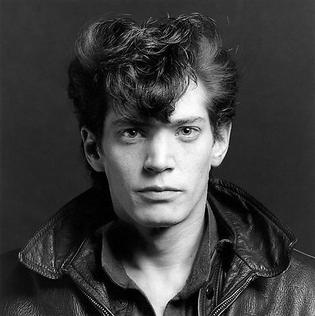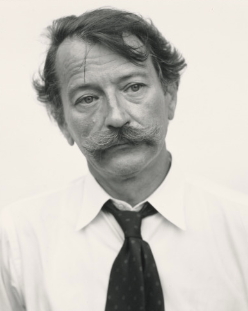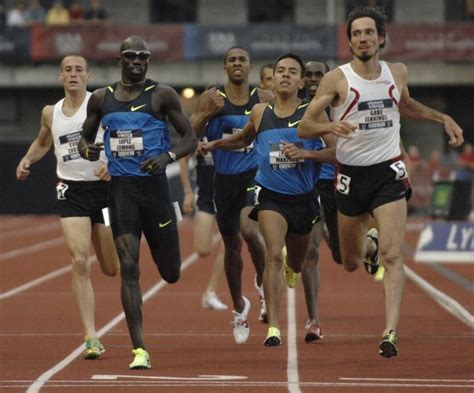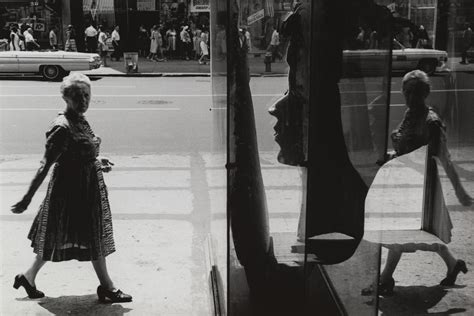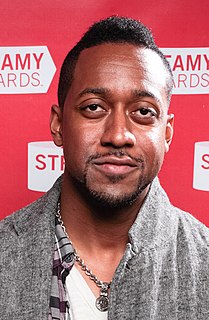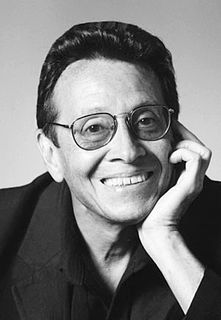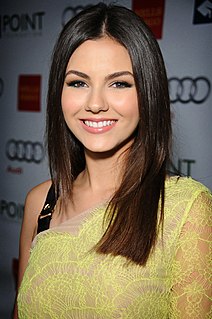A Quote by Kate Moss
In a way, it's like the photographer always has his vision of me. The pictures that I'm known for are not really my image, they're always the photographer's vision of me. I can look a hundred different ways, but what people see of me in pictures is not really my image.
Related Quotes
When I first asked to take pictures of women at their homes, I was using my formal camera and I struggled to get the shots because I was still very much in the role of the photographer. Then the next time I had this little digital camera and their response to me would be completely different - I was a friend and I got new kinds of pictures. I was always treading a line between photographer and friend.
The image itself is kind of the least important factor to me, though I'm still interested in putting forth an interesting image. I see the image as the screen laid over top of what really interests me, which is that depth of surface and that filmic quality that it has when you pass the piece. The idea that my pieces look like paintings, but are most definitely not, is really interesting to me.
I like to look at pictures, all kinds. And all those things you absorb come out subconsciously one way or another. You'll be taking photographs and suddenly know that you have resources from having looked at a lot of them before. There is no way you can avoid this. But this kind of subconscious influence is good, and it certainly can work for one. In fact, the more pictures you see, the better you are as a photographer.
Often I visualize a quicker, like almost a ghost runner, ahead of me with a quicker stride. It's really crazy. In races, this always happens to me. I see the vision of a runner ahead of me, maybe just 15, 20 meters ahead of me, and the cadence of that runner, which is actually me in the future, is a little quicker, so if I'm going (his rhythm/breathing), then my ghost runner, the vision of me, ahead of me, like opening up and just going for it, is quicker .
It fascinates me that there is a variety of feeling about what I do. I'm not a premeditative photographer. I see a picture and I make it. If I had a chance, I'd be out shooting all the time. You don't have to go looking for pictures. The material is generous. You go out and the pictures are staring at you.
It is essential for the photographer to know the effect of his lenses. The lens is his eye, and it makes or ruins his pictures. A feeling for composition is a great asset. I think it is very much a matter of instinct. It can perhaps be developed, but I doubt if it can be learned. To achieve his best work, the young photographer must discover what really excites him visually. He must discover his own world.
A lot of people don't know me. I was a man in a suit for many years, but it's really gonna work to my advantage and I've always known that. I'm turning 30 in a month... that's something for me to look at. Generally when people see me and greet me, they're kind of astonished at what I really am. It's all about playing character and really becoming somebody else. I've always said, "Acting is nothing more than paid schizophrenia if you're doing it right.".
Any photographer worth his/her salt - that is, any photographer of professional caliber, in control of the craft, regardless of imagistic bent - can make virtually anything look good. Which means, of course, that she or he can make virtually anything look bad - or look just about any way at all. After all, that is the real work of photography: making things look, deciding how a thing is to appear in the image.





